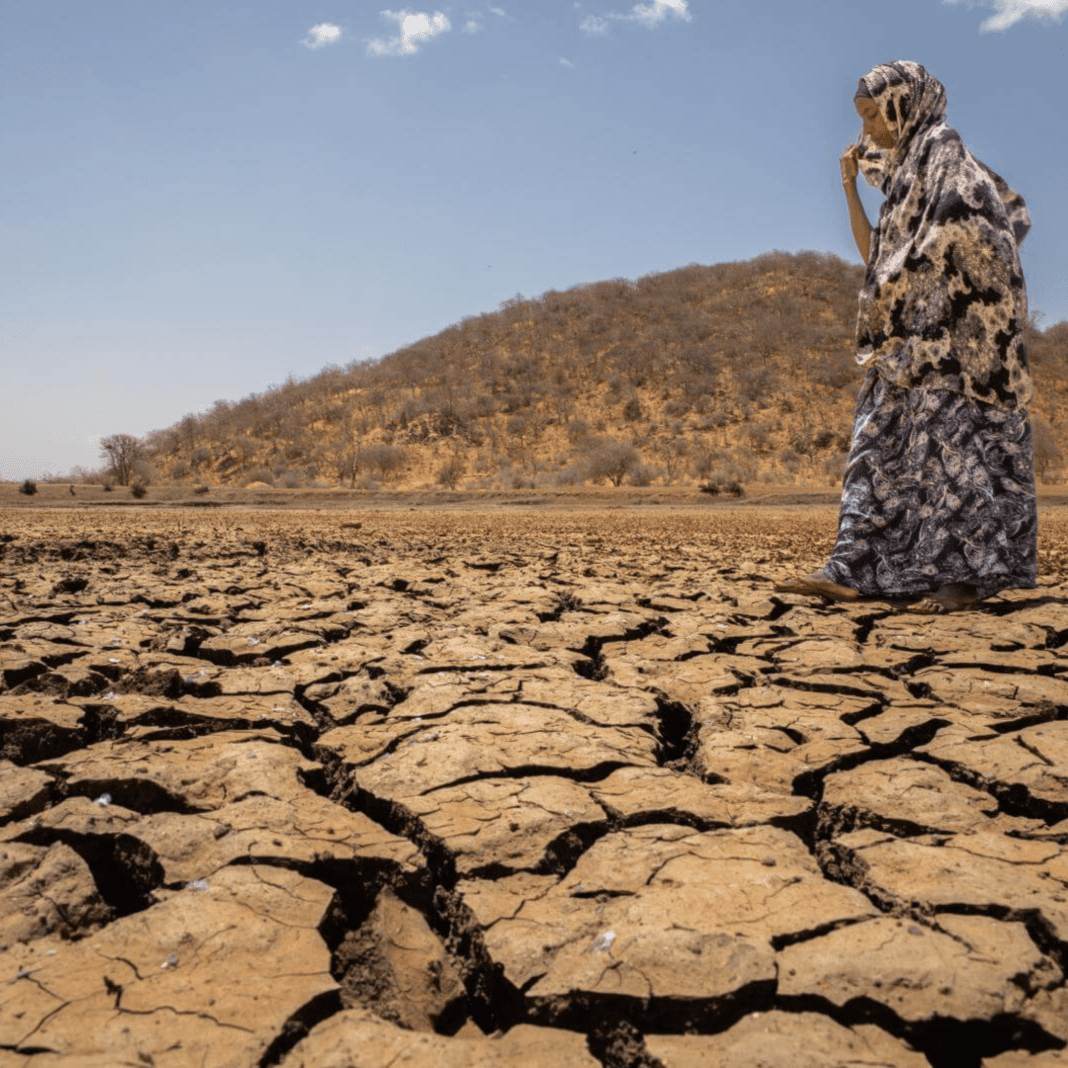Climate Shocks Are Breaking Daily Life
In Afghanistan, the weather is no longer something people can count on. The country faces more droughts, sudden floods, and water shortages than ever before. These harsh weather events are hurting the daily lives of people, especially farmers who grow food for their families and communities.
Many farmers say their seeds no longer grow. When the rain doesn’t come on time, the land becomes dry and cracked. When it rains too much, it turns into a flood that washes away homes, crops, and hope. These weather patterns are no longer rare—they are happening again and again, sometimes every year.
This year alone, millions of people across Afghanistan’s northern and western areas have seen their farmland destroyed. Droughts have dried up soil that once grew wheat, fruits, and vegetables. In some places, floods followed soon after, leaving behind nothing but rocks and mud. These events are not only damaging crops, but also making it harder for people to feed their families.
Afghanistan is considered one of the countries most at risk from climate change. But unlike richer countries, it lacks the tools to fight back. Many villages don’t have access to strong water systems, dams, or early warning systems. When disaster hits, people are often left to deal with it on their own.
Water Is Disappearing
A new problem is growing quietly beneath the surface: groundwater is drying up. Groundwater is the water found under the earth, and it’s used for drinking, washing, and growing crops. In many parts of Afghanistan, even in places close to rivers, people are finding that their wells are emptying out faster than ever before.
A local group that studies the environment looked at 29 provinces this year. They discovered that the amount of groundwater has dropped everywhere. This means that even if it rains, it may not be enough to fill the wells or support farming. In villages, people are already struggling to find enough clean water.
As rivers shrink and glaciers melt, the entire water system in Afghanistan is breaking down. Glaciers in the mountains once helped feed rivers all year round, but rising temperatures are causing them to melt too fast or disappear. This is affecting both water supply and farming seasons.
Farmers and families now live with a big question every day: Will there be enough water tomorrow?
How Cyber Attacks on Industrial Control Systems Can Endanger Lives ?
People Are Leaving Their Homes
The climate crisis is not only hurting the land—it’s also forcing people to leave. In many rural villages, men have been moving to cities or even leaving the country to find work. They have no choice. Their land no longer supports farming, and there are few jobs in the countryside. Women, children, and the old people are often left behind, trying to survive with little food and water.
Some Afghan families have lost everything in floods. Others have given up trying to grow crops after years of failure. Moving away may seem like the only way to stay alive. But this also creates other problems—crowded cities, fewer jobs, and more people needing help than the government can support.
The rising temperatures, disappearing rain, and damage to farms are making life harder for millions. Livestock, such as sheep and goats, are also suffering. They depend on the same water and grass that people do. When there’s no food or water for the animals, families lose another source of income and nutrition.
Afghanistan’s leaders have confirmed that the weather changes are real and dangerous. They say the country is losing not only crops and animals but also plants, insects, and other forms of life that once helped the environment stay balanced.





